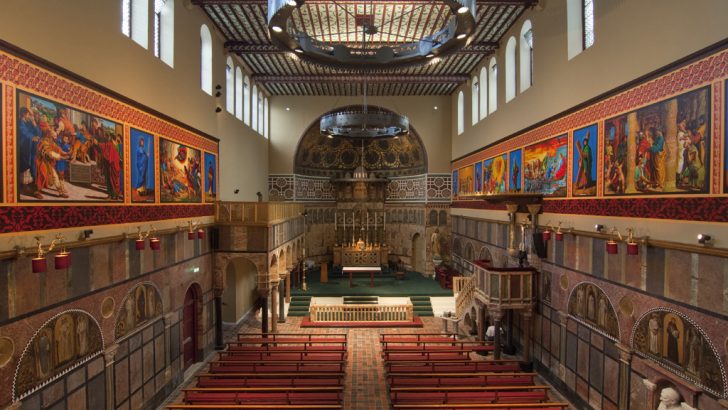The announcement that Blessed John Henry Newman, the 19th-Century founder of UCD, will be canonised on October 13 has been hailed as “wondrous news” by the director of the Notre Dame-Newman Centre for Faith and Reason.
Speaking to The Irish Catholic, Fr Bill Dailey CSC said: “It’s wondrous news for everyone associated with Newman University Church and the Notre Dame-Newman Centre for Faith & Reason that Blessed John Henry Cardinal Newman will be canonised this October.”
Fr Dailey expressed the hope that Newman’s University Church on Dublin’s St Stephen’s Green would become a place of pilgrimage for those inspired by the legacy of the English cleric, who between 1854 and 1858 served as the original rector of the Catholic University, the forerunner of University College Dublin.
Sanctity
“So many here in Ireland have been touched by his preaching and teaching, especially by his lectures in Dublin that compose much of The Idea of a University, occasioned by his founding of what is today UCD,” Fr Dailey said. “It’s an occasion of joy and gratitude to know that we are praying and working in a place built by a person of such sanctity who is now to be recognised as a saint. It gives us hope that the beautiful church that stands as a beacon of his legacy here on St Stephen’s Green will more than ever serve as a place of pilgrimage and long endure as a place of worship, of inquiry after the truth, and of communion with God and neighbour.”
The Provost of the Birmingham Oratory, founded by Newman in 1849 four years after his conversion from Anglicanism, said the saint’s spiritual journey shows how God can work slowly in our lives.
“Newman’s lifelong success in bringing others to Christ shows us that the apostolate of Christian friendship achieves much more by attracting people to the Lord than by aggressive polemic,” Fr Ignatius Harrison said. “Newman’s long and incremental spiritual pilgrimage shows us that God leads us to himself step by step, in ways that he customises to our individual needs, and in his own good time.”
The canonisation was made possible following a medically inexplicable healing in 2013 of a pregnant woman with life-threatening complications.


 Greg Daly
Greg Daly Dublin University Church
Dublin University Church 